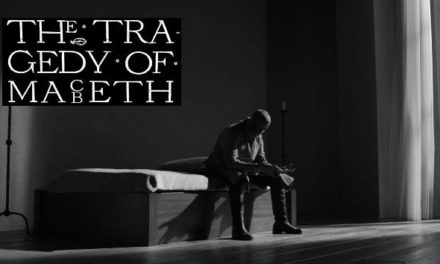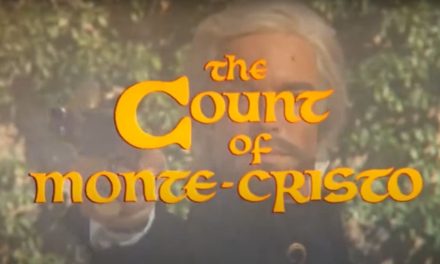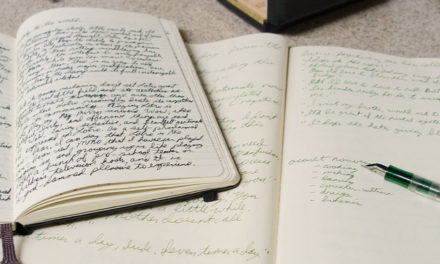Francis here. Yup, its Friday again. And yeah, the guys have been on a roll with all the Orwell stuff. I know how to take a cue.
I think that the real issue that Orwell puts forth goes beyond political or economic systems. It’s bigger than both. Robert laid down a great explanation about what modern day folks argue about concerning this, something I could never hope to equal nor need to add to either. For me, the power is in the irony. The idea that both sides at the very same time both (a) fear an Orwellian dystopia more than anything and (b) believe the other side is actively working to bring it about. That’s the legacy of George Orwell, folks, which has come home to roost today.
Orwell understood humanity well, and there’s a reason his work 1984 has been the standard for dystopian futures since it was published. All others, folks, are essentially derivatives, I’m sorry. Now I am not talking about those ‘dystopian disaster’ futures where something from the outside occurs which destroys society, like a plague or an asteroid. That’s its own thing, and to be honest, to me that’s usually a lazy way of creating fiction, although it has been done well from time to time. When it is done well, it’s always when it focused on how we are changed by the thing and not the thing itself. All great stories are human stories, friends.
The real scary part of the dystopian future that Orwell lays out for us is that we chose it ourselves in some fashion. That raving loon and yet still amazing writer Alan Moore said it best in V for Vendetta: “All they asked for was your silent and obedient consent.”
And speaking of that awesome moment, here it is, spoken by the ever-awesome Hugo Weaving:
I suppose the heart of the matter is that Orwellian dystopias always dehumanize. Always. That’s what makes them scary, folks. And the reason that they are scary is that we never need an actual dystopia to do that. It can happen at any time and has. We’ve done it countless times in human history (think slavery) and are even doing it today (abortion on demand).
Orwellian dystopias formalize giving power to the dehumanizers so they can do that very thing. That’s why we fear them and that’s also why they make very effective political weapons. As the three of us have remarked often, if you characterize your enemy as the devil, you never worry about making a deal with them. They simply must be destroyed. That’s yet another mark of the Orwellian dystopia that we have in our current political discourse. Dehumanization is the most effective weapon to destroy. In fact, unless you do that first, you can never completely win.
And folks, that is indeed a scary dystopian future. Something we need to work hard to both change and prevent.
Silent and obedient consent, my ass.





